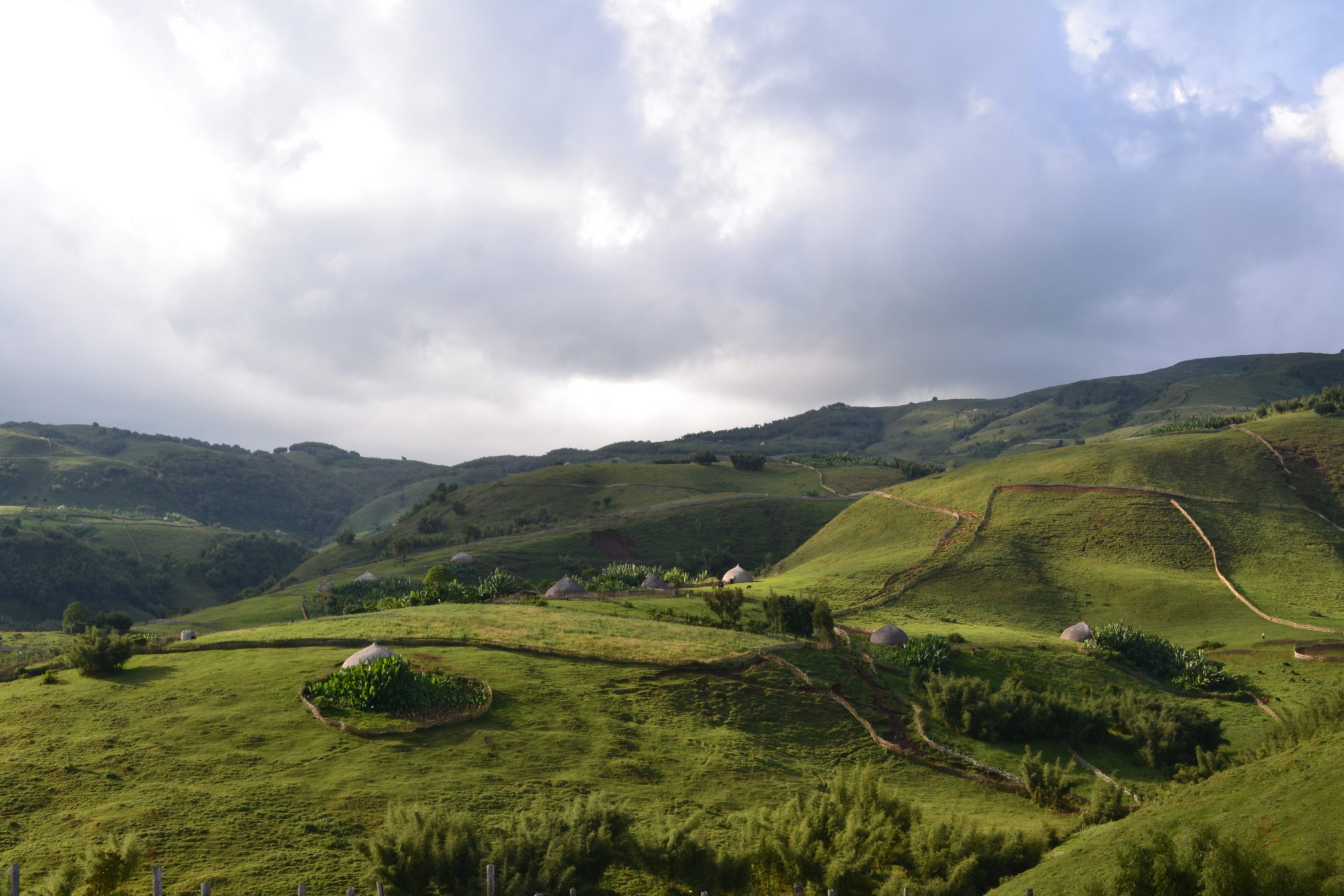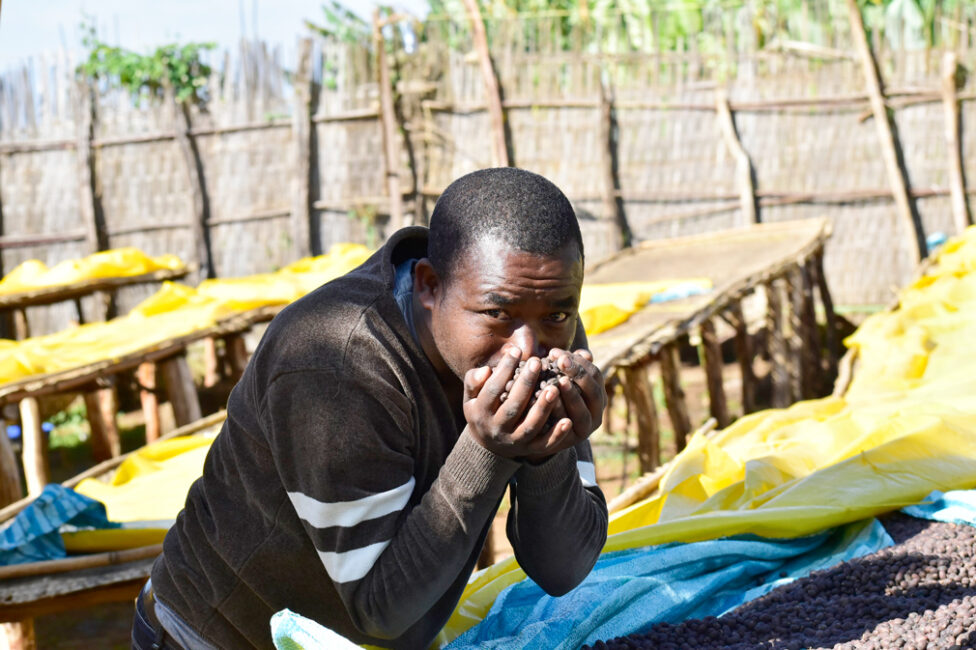Xade Burqa
Juicy and delicate, with candy sweetness, floral tones and crisp lemon acidity and notes of rose, passionfruit, earl grey tea and lemon myrtle.
Xade Burqa (pronounced “Te-diye bur-qa”) originates from the Shakiso District in the Guji zone of Ethiopia’s Southern Oromia State.
Processed at the privately owned Xade Burqa washing station, coffee cherries are delivered daily by 550-600 small producers. The majority of producers farm organically on small plots of land (averaging 0.7 hectares) at 1,950-2,100 metres above sea level.
ABOUT THE GUJI REGION
Coffees from Guji were previously classified as ‘Sidamo’(a very wide geographical classification encompassing much of central-south Ethopia), however more recently they have been separated from this classification and recognised for their unique and distinctive cup profile. Coffees that are classified as ‘Gujis’ originate from the ‘woreda’ (administrative regions) of Adoola Redi, Uraga, Kercha, Bule Hora and Shakiso (where this lot is from).
Guji is named after the Oromo people, a tribe with a long, proud history in coffee production. Most communities in the region still live rurally and make a living from farming. Families usually live in modest homes (often a single round mud hut) and farm plots of land to grow both cash crops and food for their own consumption. Coffee remains the main cash crop for most families in the Guji region, who typically half a hectare to 1.5 hectares of coffee planted alongside food for consumption and other cash crops such as the Ethiopian banana.
VARIETY
This coffee is a blend of local varieties collectively known as ‘Ethiopian Heirloom’. All of these varieties are Arabica and most originate from a Typica predecessor, but with wild mutations that result in some exceptional and unique flavour profiles.
PROCESSING
This lot is classified as Grade 1, indicating that only superior quality coffee cherries from the Xade Burqa Mill have been selected and processed.
Ethiopia has one main annual coffee harvest across all growing regions, occurring from November to January. To ensure only the very ripest cherries are selected, at least four passes are made during harvesting.
After the coffee cherries have been carefully handpicked, they are delivered to the Xade Burqa Wet Mill, where they are processed on the same day using the washed method.
The coffee cherries are then hand-sorted to remove any damaged or unripe fruit prior to the removal of the skin of the cherries by a disc pulper.
The resulting coffee is then graded by weight; heavier beans are superior quality and deliver a sweeter cup. After grading, the parchment-covered coffee is then soaked in tanks of clean water for 16-48 hours to remove the mucilage (sticky covering) by allowing it to ferment and detach from the coffee. The coffee is then re-washed and graded again by density in washing channels and then dried for 10 – 15 days on African drying beds, firstly under cover, and subsequently under the sun. The coffee is covered at midday to protect from full sun and overnight to prevent damage from morning dew. To ensure consistent drying results, the coffee is carefully hand-sorted and turned regularly, a task usually undertaken by women.
WHY WE LOVE IT
This year we purchased both a washed and a natural processed coffee from Xade Burqa. This washed lot showcases the distinctiveness of coffees from the region. The coffee is incredibly juicy yet elegant, with candy sweetness, light floral tones, lemon acidity, and notes of rose, earl grey tea and lemon myrtle.

